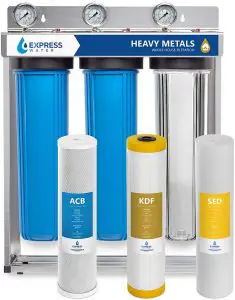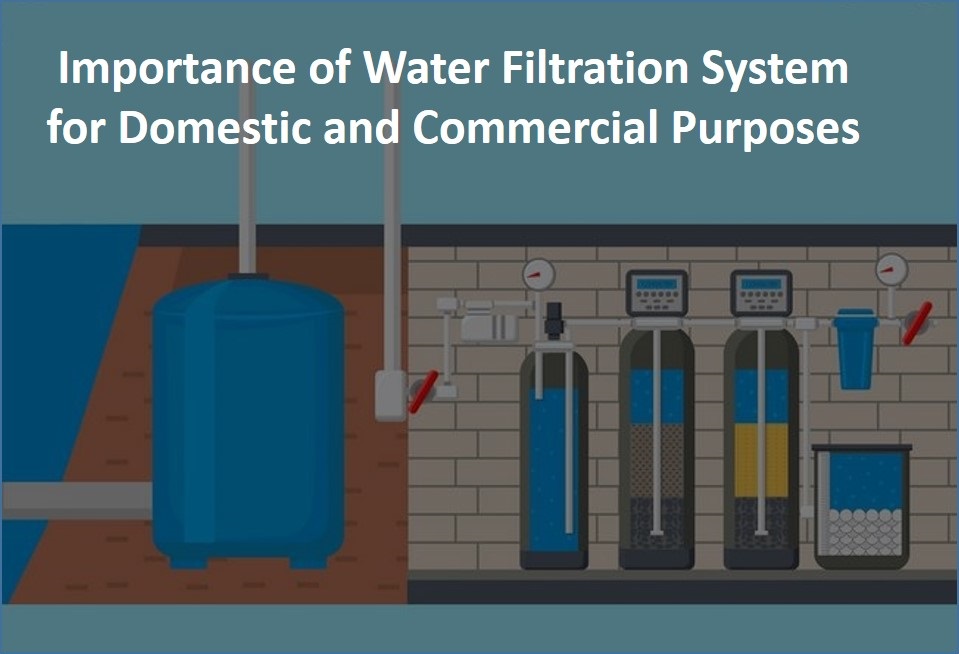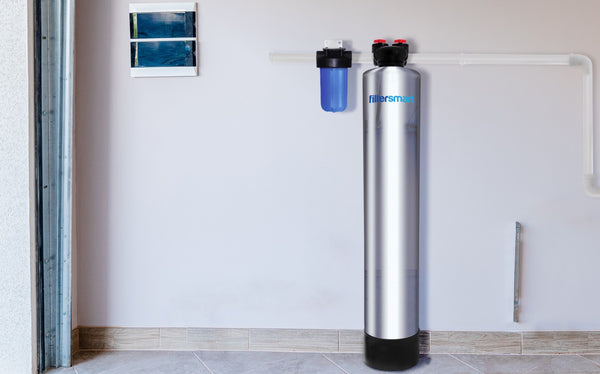6 Tips to Choose Best Whole House Water Filter
Filtering water for personal use is now a necessity for a healthy living. The quality of water supply we use contains contaminants which pose threat to our health. There are many companies that provide water filtration solutions and you can choose from a variety of water filters fit for your use. But people often commit mistakes in choosing the best fit water filter depending on their needs and supply line factors.
Understand POE & POU
POE stands for Point of Entry and POU for Point of Use. The water filters are divided into these two groups based on your requirements. Point of Use filters are installed inside the house in places like faucets, under the sink, showers. They serve single purpose for the place they are installed in. But Point of entry is a multipurpose water filter. POE water filters are installed directly to the supply line entry of your house and provide clean drinking water to all the sub-lines. One of the best POE water filters is whole house water filter which is the one stop solution for all your personal water needs.
Why Whole House Water Filters?

Whole house water filters are connected to the main supply line so that the water that enters your house is treated. Unlike Point of Use water filters, whole house water filters connect to all faucets and sinks of the house and provide clean water for drinking, laundry, kitchen ware cleaning, cooking, bathing and toilet use
Whole house filters are powerful devices which eliminate up to 98% of water contaminants including:
- Organic contaminants like bacteria, algae, fungi and other harmful microorganisms
- Hazardous metals like lead, iron, arsenic and mercury
- Rotten egg odor
- Unpleasant taste
- Sediments including salts, soil and micro rocks
Getting Point of Entry whole house filters provides benefits …



:max_bytes(150000):strip_icc():format(webp)/GettyImages-200425048-001-5a93facb0e23d900379a2172.jpg)